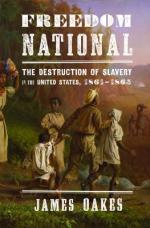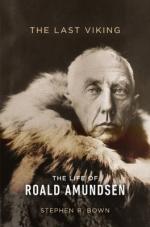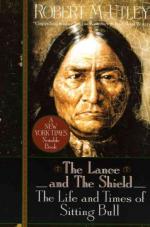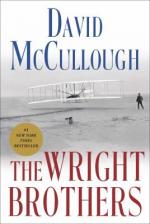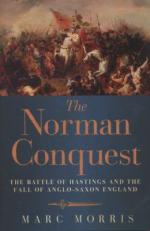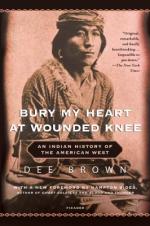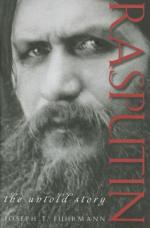December 2, 2019 | SuzyQ
December 1, 1919. Lady Nancy Astor became the first woman in the British House of Commons.
December 1, 1955. Rosa Parks was arrested in Montgomery, Alabama, for refusing to give up her seat to a white man and move to the back section of a municipal bus. This action resulted in a year-long boycott of the city's bus system by African Americans.
December 1, 1988. Benazir Bhutto was nominated to become prime minister of Pakistan, later becoming the first woman to govern a Muslim nation
December 2, 1954. Senator Joseph McCarthy is condemned by the United States Senate for misconduct following his ruthless investigations of thousands of alleged Communists.
December 6, 1865. The 13th Amendment to the U.S. Constitution was ratified, abolishing slavery.
December 6, 1973. Gerald Ford was sworn in as vice president under Richard Nixon following the resignation of Spiro Agnew after pleading no contest to charges of income tax evasion.
December 7, 1941. The U.S. Naval base at Pearl Harbor, Hawaii, was attacked by nearly 200 Japanese aircraft in a raid that killed nearly 3,000 Americans.
December 9, 1990. Lech Walesa won a landslide victory in the Polish presidential election.
December 10, 1898. The Treaty of Paris was signed between American and Spanish representatives after Spain's defeat in the Spanish-American War.
December 10, 1948. The General Assembly of the United Nations adopted and proclaimed the Universal Declaration of Human Rights.
December 11, 1941. Germany and Italy both declared war on the United States.
December 13, 1577. Francis Drake left Plymouth, England, in the Golden Hind on his voyage around the world
December 13, 1937. The Chinese city of Nanking was captured by the Japanese. Over the next six weeks, Japanese soldiers randomly attacked and killed an estimated 200,000 Chinese persons.
December 13, 1862. The Battle of Fredericksburg was fought in Virginia, as the Union Army of the Potomac under General Burnside suffered a costly defeat, losing 12,653 men.
December 14, 1911. Norwegian explorer Roald Amundsen became the first person to reach the South Pole.
December 14, 1995. A Bosnian peace treaty was signed in Paris by leaders from the former Yugoslavia ending the worst conflict in Europe since World War II.
December 15, 1890. Sioux leader Sitting Bull was killed in a skirmish with U.S. soldiers in South Dakota as his warriors tried to prevent his arrest.
December 16, 1773. The Boston Tea Party occurred as colonial activists boarded British ships anchored in Boston Harbor and dumped over 300 containers of expensive tea into the water.
December 17, 1903. Orville and Wilbur Wright made the first powered, controlled airplane flights near Kitty Hawk, North Carolina.
December 24, 1814 The War of 1812 officially ended with the signing of The Treaty of Ghent between America and Britain.
December 25, 1066. William the Conqueror was crowned King of England after his invasion of England from France, during which he defeated and killed King Harold at the Battle of Hastings.
December 29, 1170. Archbishop of Canterbury Thomas Becket was murdered on orders from England's King Henry II.
December 29, 1890. More than 200 Sioux men, women and children were massacred at Wounded Knee Creek, South Dakota by members of the U.S. 7th Cavalry.
December 30, 1916. The Russian monk Rasputin was assassinated.
December 30, 1862. During the Civil War the Union ironclad ship USS Monitor sank off Cape Hatteras, North Carolina, during a storm, killing sixteen crewmen.





